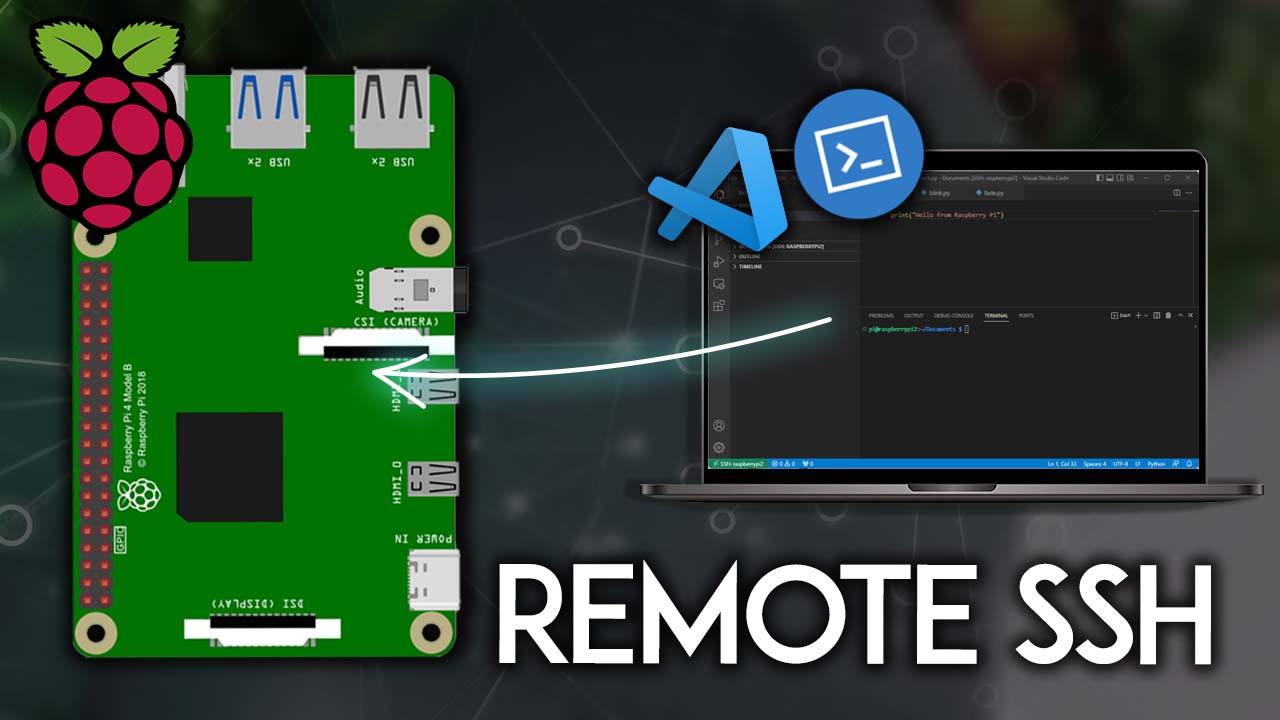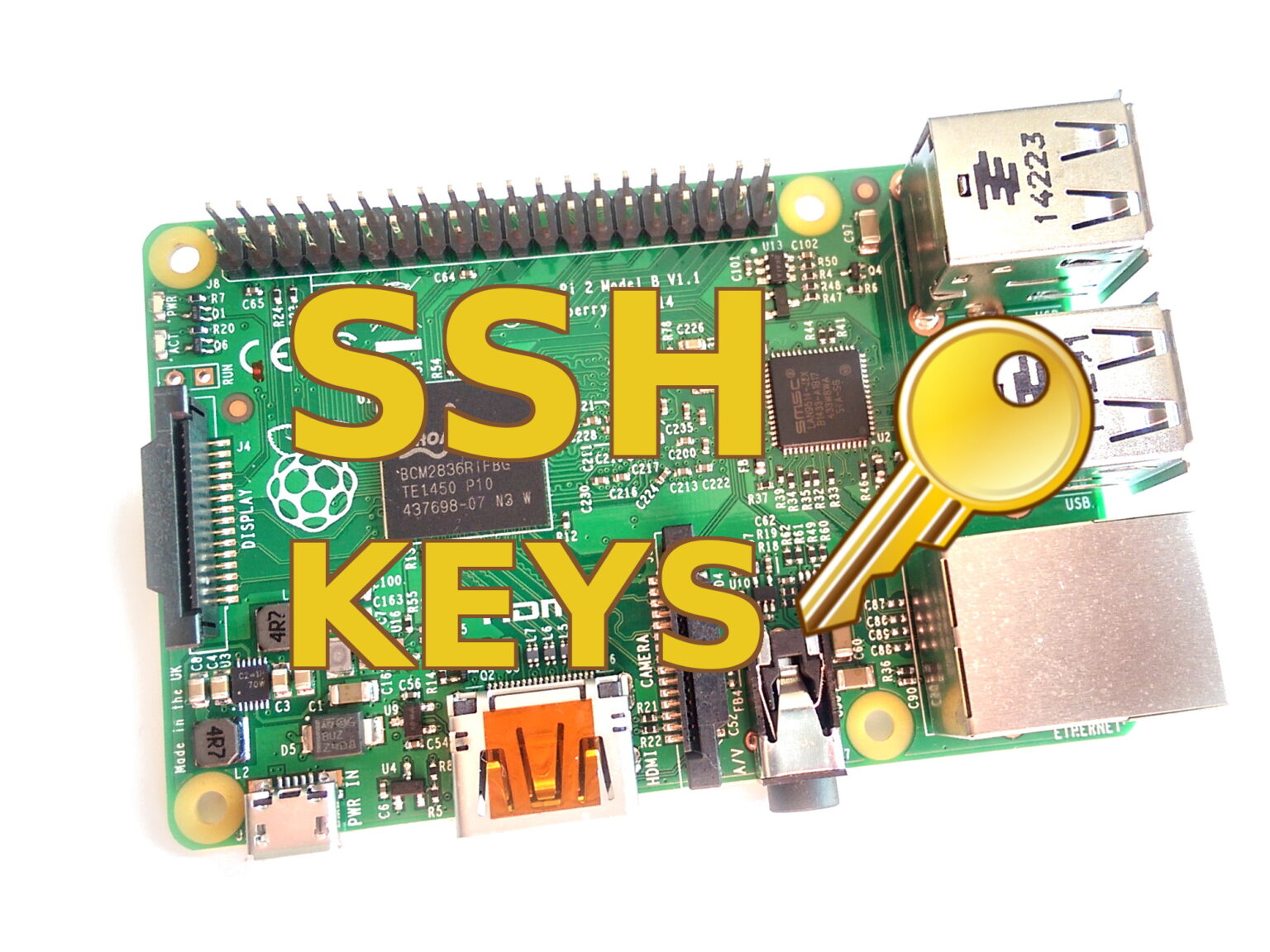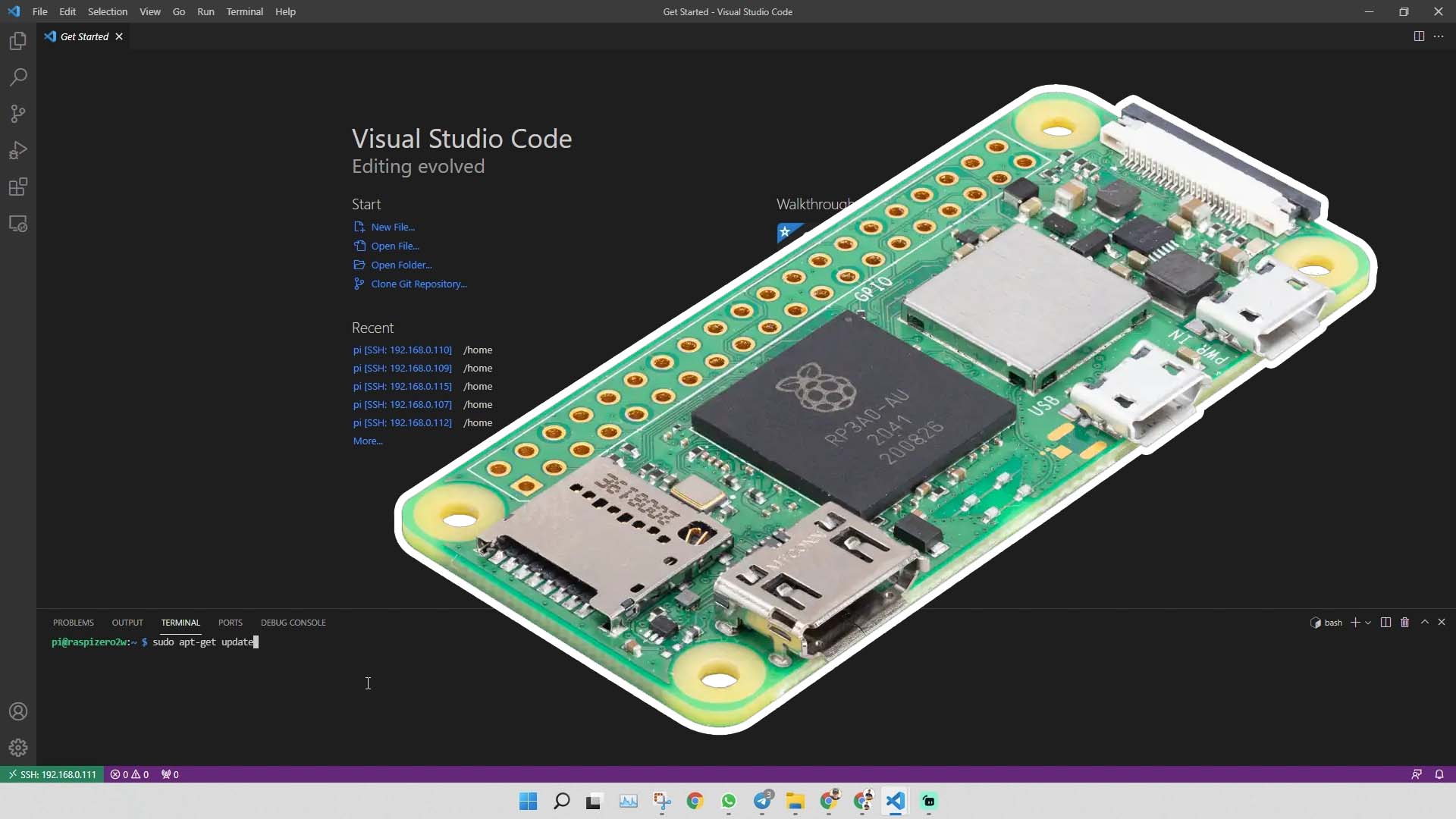Secure IoT With SSH: Best Remote Platforms For Raspberry Pi
Are you looking to unlock the full potential of your Raspberry Pi and secure your IoT devices? Choosing the right remote IoT platform that supports SSH key authentication is not just a technical necessity, it's a gateway to building a secure and efficient IoT ecosystem.
The world of remote IoT platforms is vast, but the core need remains consistent: the ability to securely and efficiently manage your devices from afar. SSH (Secure Shell) is the bedrock of secure remote access, enabling encrypted communication and secure file transfers. This is particularly crucial for IoT devices that require regular updates, data transfers, and remote configuration.
In the intricate landscape of remote IoT solutions, several key players offer robust platforms for managing devices remotely. These include industry giants like AWS IoT Core, Microsoft Azure IoT Hub, and platforms like ThingSpeak. Selecting the best platform demands a careful evaluation of features, security protocols, and overall performance capabilities. This guide aims to delve deep into the top contenders in the market, providing valuable insights to help you make informed decisions.
To better understand the key platforms and their capabilities, let's consider the following comparison table:
| Platform | Key Features | Security Highlights | Pros | Cons |
|---|---|---|---|---|
| AWS IoT Core | Device management, data ingestion, rule engine, cloud integration | TLS/SSL encryption, IAM roles, device certificates | Scalable, integrates well with other AWS services, mature ecosystem | Can be complex to set up, cost can increase with scale |
| Microsoft Azure IoT Hub | Device provisioning, bi-directional communication, device management | TLS/SSL encryption, authentication via X.509 certificates, device identity | Strong integration with Azure services, robust security features | Steeper learning curve, can be more expensive than some alternatives |
| ThingSpeak | Data logging, data visualization, API access, cloud analytics | API keys, HTTPS encryption | Easy to get started, user-friendly interface, free tier available | Limited device management features, less suited for complex deployments |
| BalenaCloud | Containerized deployments, over-the-air updates, device monitoring, fleet management | SSH access, VPN, device-to-device communication | Simplifies deployment and management of containerized applications, robust update mechanisms | Can have a learning curve for users unfamiliar with containers |
| OpenRemote | Open-source IoT platform, asset management, rules engine, user interface customization | TLS encryption, user authentication, role-based access control | Highly customizable, good for complex project needs, open source, no vendor lock-in | Requires some technical expertise to set up, more involved than some cloud solutions |
The Raspberry Pi: A Cornerstone of the IoT Revolution
The Raspberry Pi has become a fan favorite in the IoT world for its versatility, affordability, and ease of use. Its small size, low power consumption, and extensive community support make it ideal for a wide range of IoT projects, from home automation to industrial monitoring.
The Power of SSH
Remote IoT SSH is the use of SSH (Secure Shell) to remotely access and manage your Raspberry Pi devices. It provides a secure channel for managing IoT devices from distant locations, making it indispensable for industries ranging from healthcare to manufacturing. It's a protocol that lets you securely connect to remote devices over a network. The SSH protocol supports secure file transfers, making it ideal for managing IoT devices that require regular updates or data transfers.
SSH key authentication offers a significant enhancement in security compared to traditional password-based authentication. By using cryptographic keys, you eliminate the risk of password guessing and brute-force attacks.
Key Benefits of SSH Key Management:
- Enhanced Security: SSH keys are far more secure than passwords, reducing the risk of unauthorized access.
- Automated Access: Allows for scripting and automation of tasks, streamlining device management.
- Simplified Updates: Facilitates secure and efficient transfer of updates and configurations.
- Auditing Capabilities: SSH access can be logged, providing valuable information for security audits.
Top 10 Best Remote IoT Device SSH Solutions
Now that we've covered the basics of SSH, let's explore some of the top solutions available in the market today:
- AWS IoT Core: A robust platform that integrates seamlessly with other AWS services. Offers secure device connections and management capabilities.
- Microsoft Azure IoT Hub: A comprehensive IoT platform with strong security features and extensive device management tools.
- BalenaCloud: Enables containerized deployments and over-the-air updates, perfect for managing fleets of devices.
- OpenRemote: An open-source platform that offers extensive customization options and is well-suited for complex IoT projects.
- SolarWinds SSH Manager: A commercial solution that's great for managing SSH connections across large networks.
- Bitvise SSH Server: Another commercial option, known for its robust security and performance.
- ThingSpeak: User-friendly and ideal for basic data logging and visualization; integrates well with Raspberry Pi.
- Remote.it: Offers secure remote access to devices without requiring complex network configurations.
- Portmap.io: Simplifies remote access by creating secure tunnels to your Raspberry Pi.
- ngrok: Easily create secure tunnels for web applications and other services running on your Raspberry Pi.
Choosing the Right Solution
The best SSH tool depends on your specific needs. Several factors to consider include the type of devices you're managing, the level of security required, and your budget. Whether you're a seasoned pro or just starting out, securing your IoT devices should always be a top priority. When it comes to managing remote devices, securing your IoT infrastructure, or ensuring seamless connectivity, finding the best SSH remote IoT solution is crucial.
Maximizing ROI with Remote IoT Device Monitoring
Remote IoT device monitoring is not just about connectivity; it's about building a secure IoT future. Maximizing ROI with remote IoT device monitoring involves proactively identifying and addressing potential issues before they impact performance. You can significantly reduce the risk of security breaches by choosing the right remote IoT platform and using SSH keys to secure your Raspberry Pi.
The Future of Remote IoT SSH
Staying on top of these trends will help you unlock the full potential of remote IoT platforms in your projects. Remote IoT VPC SSH is a powerful solution that allows you to securely access and manage your Raspberry Pi devices over the internet without any additional costs. By leveraging the right tools and following best practices, you can create a robust and secure IoT setup. The concept of remote IoT VPC SSH Raspberry Pi free setup has become increasingly popular among tech enthusiasts, professionals, and hobbyists alike.
Tools and Software for Remote IoT SSH
There are many tools and software available to facilitate remote SSH management. Some popular options include:
- PuTTY (Windows): A free SSH client for Windows.
- OpenSSH (Linux/macOS): A command-line SSH client pre-installed on most Linux and macOS systems.
- FileZilla: A popular FTP client that supports secure file transfers over SSH.
Building a Secure IoT Future
To wrap it up, choosing the best remote IoT platform that supports SSH key authentication for your Raspberry Pi is key to building secure and efficient IoT setups. By selecting the correct remote IoT platform and using SSH keys, you significantly reduce the risk of security breaches. Whether you're a tech enthusiast, a network administrator, or a business owner, understanding SSH and its role in IoT security can make all the difference. This guide will walk you through everything you need to know to secure your IoT setup like a pro.
Frequently Asked Questions About Remote IoT Platforms
- What is the best remote IoT platform for beginners? ThingSpeak and balenaCloud are good starting points due to their user-friendliness.
- How do I generate SSH keys for my Raspberry Pi? You can generate SSH keys using the `ssh-keygen` command in a terminal.
- What are some best practices for securing SSH? Disable password login, use strong SSH keys, and keep your software up to date.
- What are the benefits of using SSH for remote access? Provides a secure channel for remote management, secure file transfers, and remote command execution.



